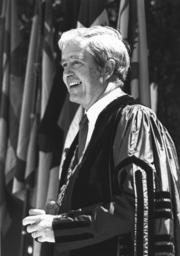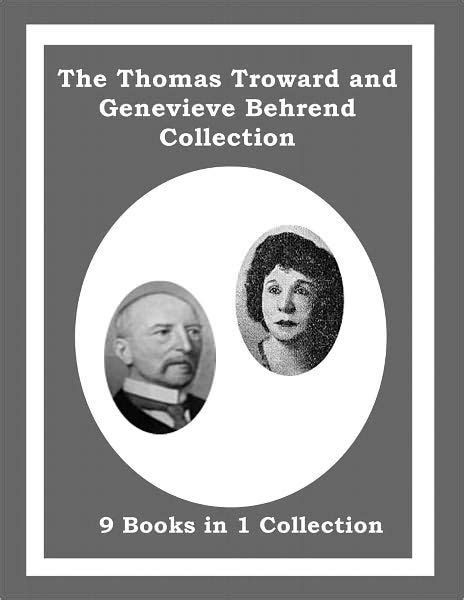A Quote by Dwight D. Eisenhower
More than ever before, in our country, this is the age of the individual. Endowed with the accumulated knowledge of centuries, armed with all the instruments of modern science, he is still assured personal freedom and wide avenues of expression so that he may win for himself, his family and his country greater material comfort, ease and happiness; greater spiritual satisfaction and contentment.
Quote Topics
Age
Armed
Assured
Avenues
Before
Centuries
Comfort
Contentment
Country
Ease
Endowed
Ever
Expression
Family
Freedom
Greater
Happiness
Himself
His
Individual
Instruments
Knowledge
Material
May
Modern
Modern Science
More
Our
Our Country
Personal
Personal Freedom
Satisfaction
Science
Spiritual
Still
Than
Wide
Win
Related Quotes
In recent years our knowledge of modern technology has increased considerably, and as a result we have witnessed remarkable material progress, but there has not been a corresponding increase in human happiness. There is no less suffering in the world today, and there are no fewer problems. Indeed, it might be said that there are now more problems and greater dangers than ever before.
The capabilities (intellectual and material) of contemporary society are immeasurably greater than ever before - which means that the scope of society's domination over the individual is immeasurably greater than ever before. Our society distinguishes itself by conquering the centrifugal social forces with Technology rather than Terror, on the dual basis of an overwhelming efficiency and an increasing standard of living.
Patriotism, or the peculiar relation of an individual to his country, is like the family instinct. In the child it is a blind devotion; in the man in intelligent love. The patriot perceives the claim made upon his country by the circumstances and time of her growth and power, and how God is to be served by using those opportunities of helping mankind. Therefore his country's honor is dear to him as his own, and he would as soon lie and steal himself as assist or excuse his country in a crime.
If we look to the answer as to why for so many years we achieved so much, prospered as no other people on earth, it was because here in this land we unleashed the energy and individual genius of man to a greater extent than has ever been done before. Freedom and the dignity of the individual have been more available and assured here than in any other place on earth. The price for this freedom at times has been high, but we have never been unwilling to pay that price.
Many people correctly make the point that our only hope is to turn to God. For example, Charles Lindbergh, who said that in his young manhood he thought "science was more important than either man or God," and that "without a highly developed science modern man lacks the power to survive," . . . went to Germany after the war to see what Allied bombing had done to the Germans, who had been leaders in science. There, he says, "I learned that if his civilization is to continue, modern man must direct the material power of his science by the spiritual truths of his God."
The Socratic maxim that the recognition of our ignorance is the beginning of wisdom has profound significance for our understanding of society. Most of the advantages of social life, especially in the more advanced forms that we call "civilization" rest on the fact that the individual benefits from more knowledge than he is aware of. It might be said that civilization begins when the individual in the pursuit of his ends can make use of more knowledge than he has himself acquired and when he can transcend the boundaries of his ignorance by profiting from knowledge he does not himself possess.
Notwithstanding his very liberal laudation of himself, however, the Major was selfish. It may be doubted whether there ever was a more entirely selfish person at heart; or at stomach is perhaps a better expression, seeing that he was more decidedly endowed with that latter organ than with the former.
It’s not about you. The purpose of your life is far greater than your own personal fulfillment, your peace of mind, or even your happiness. It’s far greater than your family, your career, or even your wildest dreams and ambitions. If you want to know why you were placed on this planet, you must begin with God. You were born by his purpose and for his purpose.
At one year of age the child says his first intentional wordhis babbling has a purpose, and this intention is a proof of conscious intelligenceHe becomes ever more aware that language refers to his surroundings, and his wish to master it consciously becomes also greater.Subconsciously and unaided, he strains himself to learn, and this effort makes his success all the more astonishing.
Science is leading us forward in our evolution in the area of spiritual consciousness, in a sense. They're leading us to a final realization, through validation, of what spiritual masters have known for centuries. That we are a lot more than we seem, that we are all part of a whole, that we have far greater extended potential than we make use of or understand.
I find that the respectable man, so called, has immediately drifted from his position, and despairs of his country, when his country has more reason to despair of him. He forthwith adopts one of the candidatesas the only available one, thus proving that he is himself available for any purposes of the demagogue. His vote is of no more worth than that of any unprincipled foreigner or hireling native, who may have been bought.
A feeling that greater possessions, no matter of what kind they may be, will of themselves bring contentment or happiness, is a misunderstanding. No person, place, or thing can give you happiness. They may give you cause for happiness and a feeling of contentment, but the JOY of Living comes from within.
It should be the highest ambition of every American to extend his views beyond himself, and to bear in mind that his conduct will not only affect himself, his country, and his immediate posterity; but that its influence may be co-extensive with the world, and stamp political happiness or misery on ages yet unborn.
































